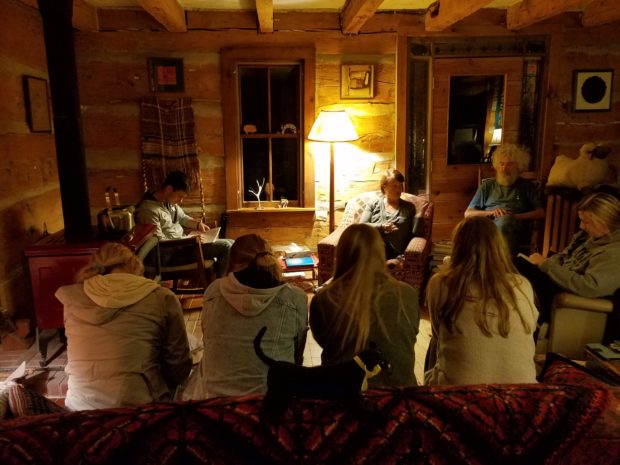The Knight Center for Environmental Journalism has awarded two $3,500 documentary grants to MSU faculty-student teams.
The winning projects were chosen from proposals submitted in a campus-wide competition:
- “The Ground Beneath our Feet” — The film will document how a community of ordinary people, acting extraordinarily, can show that others can take a stand for their communities against big industry polluters. Faculty: Geri Zeldes, School of Journalism and John Valadez, Department of Media & Information. Students: Evan Kutz and Taylor O’Neil, Journalism; and Jon Famurewa and Jason Howard, Media & Information.
- “We Are Flint” — The film will look at the narratives of Flint residents/families talking about the city, the environment they live in and their lives there. Faculty: Judy Walgren, School of Journalism. Students: Courtney Pasek, Sylvia Jarrus and Nic Antaya, Journalism.
In addition to public dissemination of the projects, the Knight Center will use the documentaries on its website and for presentation in classes, workshops and other center activities.
This is the fourth year of the center’s grant competition.



